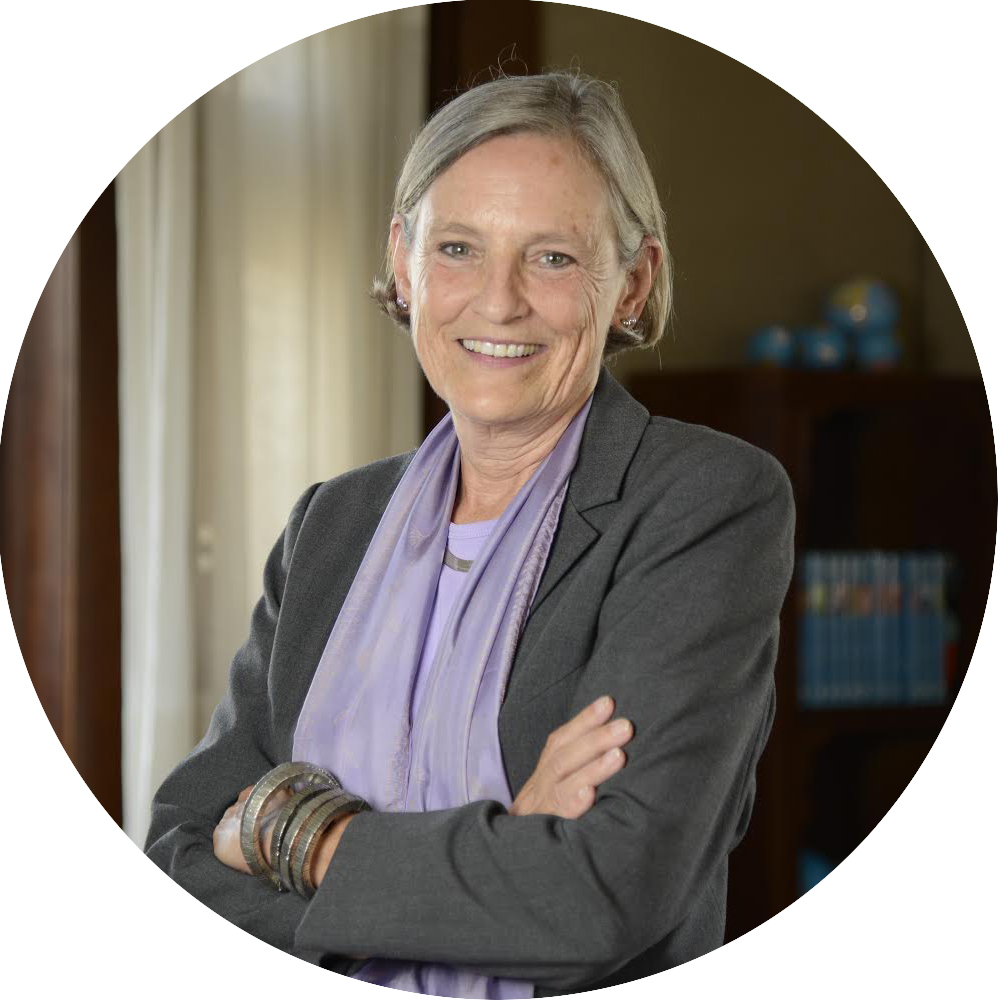In her response to Kenneth Prewitt’s piece "Can Social Science Matter?,” Lisa Anderson traces the historical relationship of social science to the modern state. As the state’s role in promoting the well-being of citizens becomes increasingly challenged, to what, or to whom, social science is now accountable similarly grows ambiguous, even as calls for its accountability grow.














